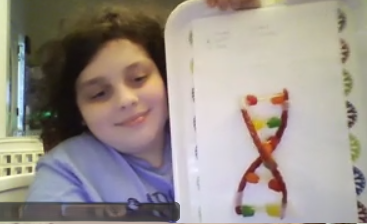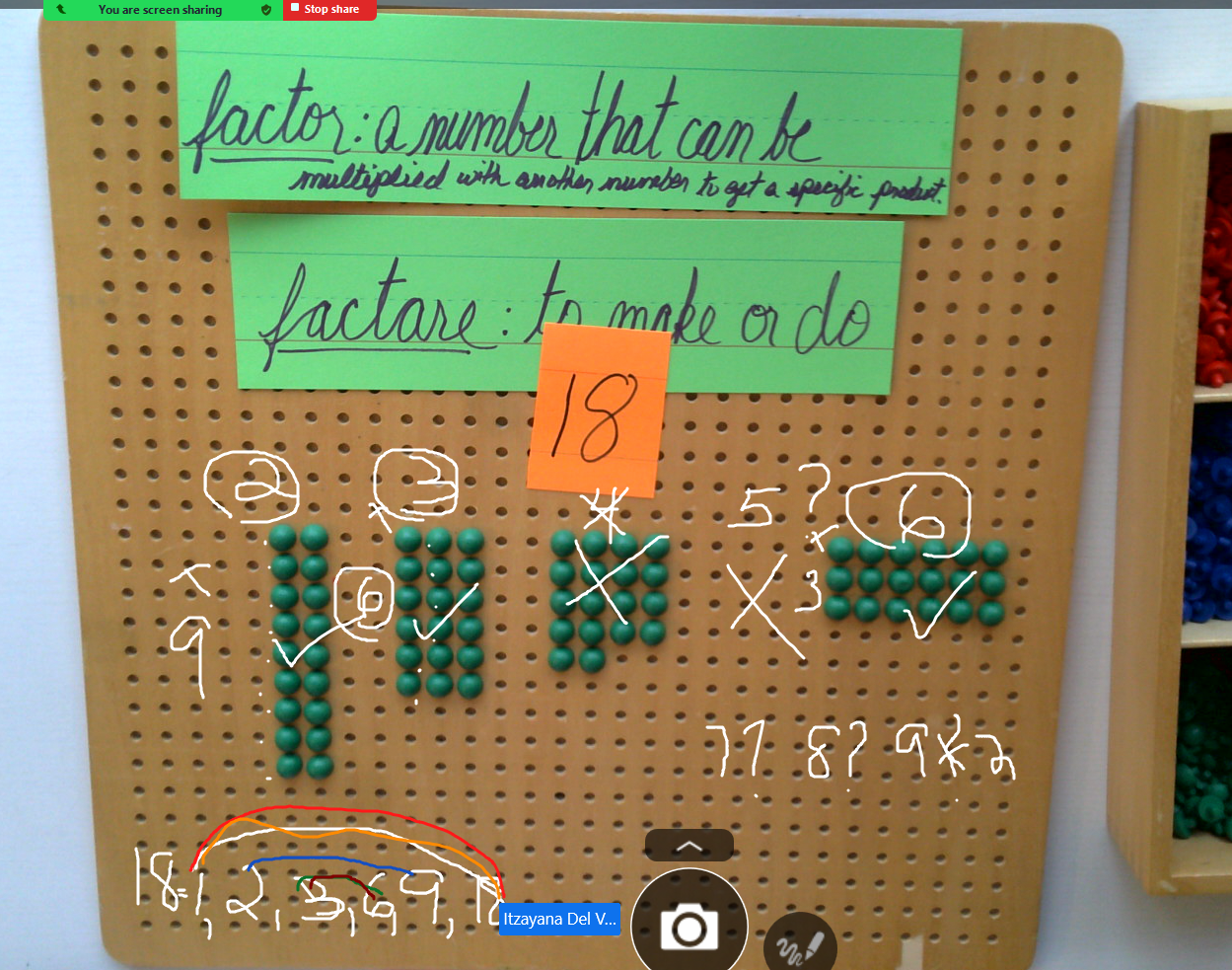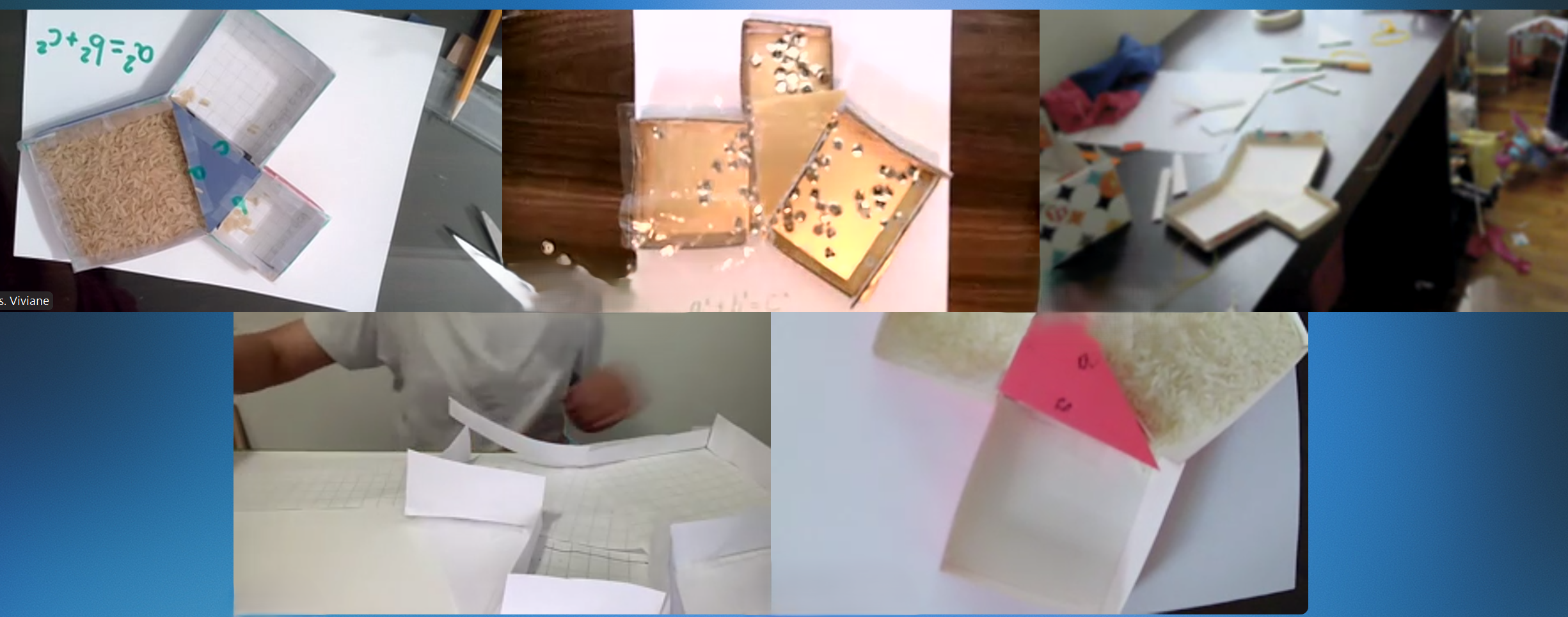
Curriculum
From concrete exploration to abstract thinking — a whole-child academic journey
Curriculum Philosophy
At Modern Montessori, our curriculum is designed to guide students from concrete, hands-on experiences to abstract understanding. Rooted in discovery learning, we create opportunities for children to explore concepts deeply, follow their interests, and develop both critical and creative thinking skills.
Subjects are not taught in isolation — instead, we emphasize cross-curricular connections that help students see the big picture and apply knowledge meaningfully. Whether comparing ancient civilizations while studying a timeline of measurement or exploring geometry through art, children are immersed in a holistic educational context that supports academic growth and personal development.
Language Arts
A layered, integrated program that builds confident communicators and deep thinkers.
Reading & Literature – Comprehension strategies, novel studies, and literary appreciation.
Spelling & Word Study – Phonetic patterns, morphology, and word structure.
Handwriting & Writing – Cursive development, personal narratives, reports, and creative writing.
Vocabulary & Grammar – Precision in language through Montessori grammar materials and sentence analysis.
Socratic Reasoning – Thoughtful dialogue and questioning to strengthen speaking and critical thinking skills.
Mathematics
From concrete to abstract, students build deep number sense and logical reasoning.
Core Math – Place value and operations with whole numbers, followed by rational numbers and pre-algebra concepts.
Algebraic Thinking – Patterns, functions, and expressions introduced with hands-on Montessori materials, leading to formal algebra.
Geometry – Explorations of shapes, angles, area, volume, congruence, and equivalence, grounded in observation and deduction.
Cultural Studies
Our cultural curriculum weaves together science, history, geography, and the arts to help students understand the world and their place in it.
History – Study of early humans, ancient civilizations, and global cultures, including Montessori’s Five Great Lessons as key thematic frameworks.
Science – Includes botany, zoology, chemistry, physics, and human biology, with observation-based experiments and classification work.
Art & Music – Creative expression through visual arts, music theory, rhythm, and exposure to global artistic traditions.
How It Comes Together
Purposeful Learning, Personalized Growth
Students participate in live, small-group lessons via Zoom, where they explore new concepts through guided discussion and hands-on materials. These sessions are followed by independent work that allows them to internalize new ideas, practice skills, and extend their understanding at their own pace. In cultural studies, collaborative projects provide opportunities for deeper inquiry, creativity, and connection. Throughout the curriculum, cross-disciplinary links and the principles of cosmic education help children see themselves as part of a greater whole—academically, socially, and globally.


